Key takeaways
- In Ghana, education is free at the basic and secondary levels, with “government subsidies” for public tertiary institutions.
- The FCUBE policy (1996, implemented 2005) and the Free SHS Policy (2017) ensure free education at the basic and secondary levels.
- Scholarship opportunities from the Ghana Scholarship Secretariat, GETFund, etc., ensure tuition-free tertiary education for the brilliant but needy.
Ghana’s educational system is structured at progressive levels, from basic education to tertiary education. This article focuses on the various policies that ensure that education is accessible at each stage.
Is it free to go to school in Ghana?
The government of Ghana has implemented several policies to reduce Ghana’s financial barriers to education. Let’s explore these policies across the different educational stages:
Free and Compulsory Universal Basic Education (FCUBE)
Under Article 25 of the Constitution of Ghana, all persons have the right to equal educational opportunities. To actualise this right, the FCUBE was introduced in 1996.
FCUBE aims to provide free and compulsory basic education from the first schooling stage through junior high school by covering tuition fees and eliminating school fees as a barrier to entry. This policy was implemented in 2005 alongside the Ghana School Feeding Programme to address malnutrition among school children.
However, while basic education in public schools was free, many schools lacked resources, leading to indirect fees for registration, textbooks, and uniforms. To address this, the government introduced the Capitation Grant Scheme in 2004 to cover these fees. The policy has since led to increased enrolment in public schools.
Free SHS policy
Article 25 1b also mandates that secondary education, including technical and vocational training, be made accessible to all by the introduction of free education. The Free SHS Policy was introduced in September 2017 to align with Sustainable Development Goals (SDG 4), ensuring inclusive and equitable quality education.
The Free SHS Policy covers all fees, including admission, tuition, boarding, meals, textbooks, notebooks, and exercise books for public Senior High, Vocational, and Technical Schools students. However, delays in fund disbursement and inadequate infrastructure remain challenges, leading to overcrowding.
In the 2018/2019 academic year, the Ministry of Education introduced the Double-Track System, allowing Senior High Schools (SHS) to operate an alternate academic calendar for each track. As of 2024, the Double-Track System is being phased out, with approximately 60% of SHSs returning to the single-track system.
State-funded public universities
The situation is more complex at the tertiary level. Despite efforts to reduce fees, tertiary education costs remain high. Public universities in Ghana receive government funding through the Ghana Education Trust Fund (GETFund), local authority revenue, and internally generated funds.
Some benefit from international funding from the World Bank and foundations such as Ford and Benedal. Private universities, on the other hand, rely entirely on private sources, tuition fees, and investors for funding.
In Ghana, public university students are admitted as regular or fee-paying students. Regular students benefit from lower tuition fees, making admission highly competitive. Fee-paying students who may not meet the competitive regular admission criteria or opt for more flexible entry requirements do not receive these subsidies and pay higher tuition fees.
Hidden costs of Ghana’s free educational policies
Ghana’s free educational policies haven’t completely removed the financial barrier to education. At the secondary level, parents must purchase personal items and provisions for boarding students, which sometimes outweigh the budget allocation per student under the Free SHS. Day students also incur expenses for transportation and meals.
Additionally, under the Free SHS Policy, students receive limited tuition materials, requiring parents to purchase additional learning materials and tools. In some situations, teachers offer extra classes to address gaps in teaching quality. While optional, they often become necessary, imposing further financial strain on families.
Other hidden costs include expenses for extracurricular activities, sports, exams, and developmental levies, which are not covered by government policies.
Scholarship opportunities in Ghana
There are several scholarship opportunities in Ghana to support students. The Ghana Scholarship Secretariat, established by the Government of Ghana, manages and administers scholarships to Ghanaian students, both within Ghana and abroad.
Here are some notable scholarship opportunities in Ghana:
- Ghana Scholarship Secretariat
- GETFund Scholarships
- MTN Ghana Foundation Scholarship
- Mastercard Foundation Scholarship
- Commonwealth Scholarships
Visit the official scholarship website to get guidance and find opportunities that match your financial needs.
Conclusion
While the Ghanaian government has made strides toward providing free education, significant challenges remain. Hidden costs, inadequate resources, and infrastructure issues hinder access to Ghana’s free education.
Stakeholders, investors, and the government must continue to work collaboratively to ensure quality education is accessible for all. Do you think education in Ghana is free? Share your opinions with us.
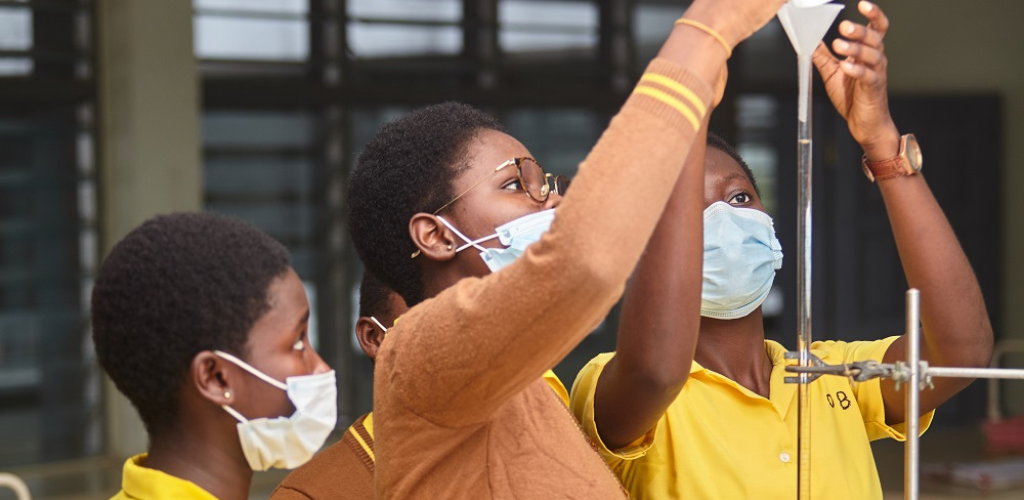


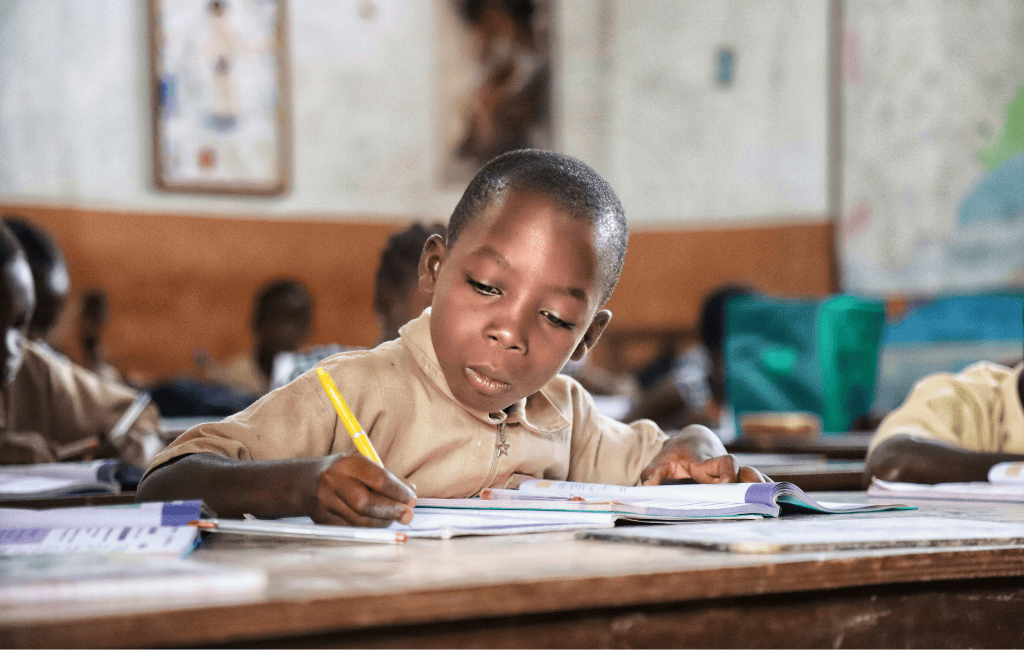

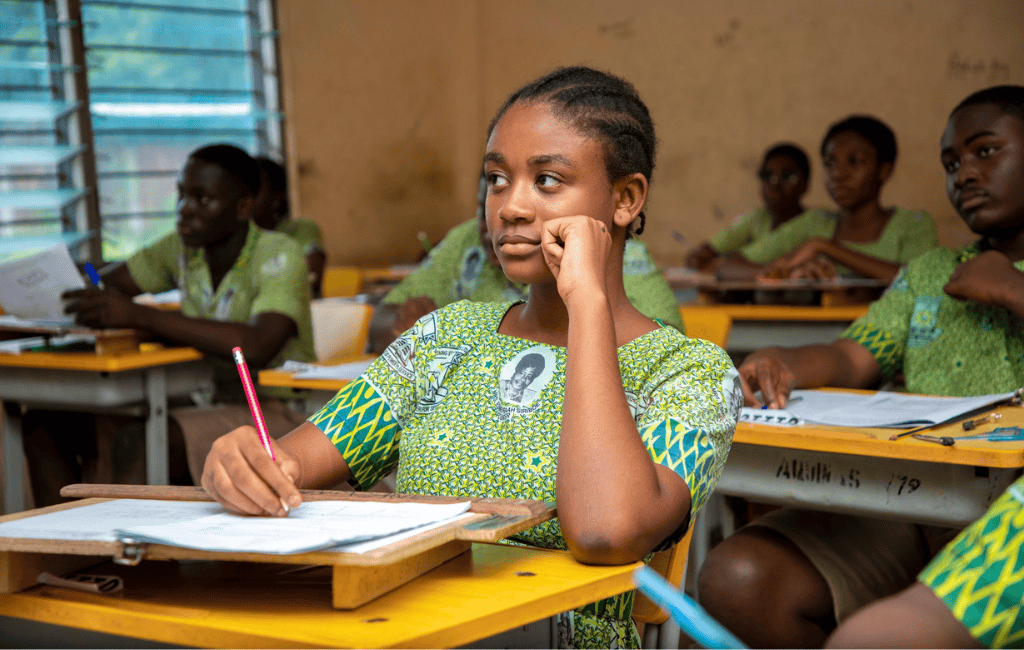
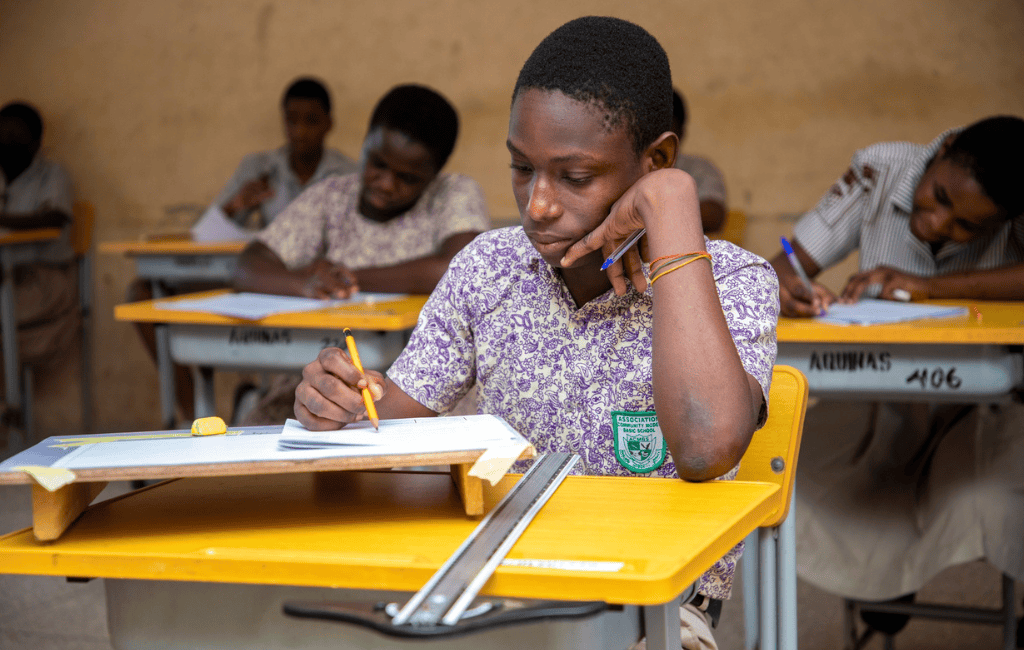

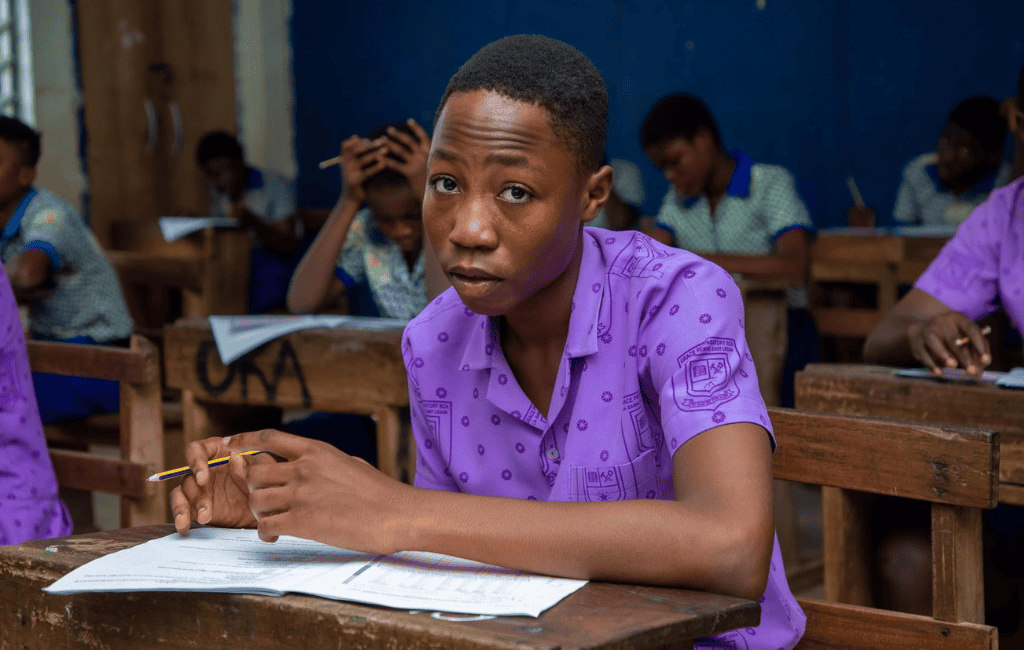
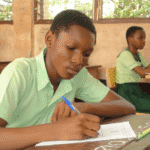
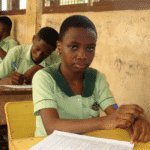

1 Comment. Leave new
I support a boy in Accra. His good grades qualify him to go to a boarding school. It is a 16 hrs bus ride away from his home. They require he buys $250 US Dollars in supplies and provide his own shelf stable food as he’s not allowed to cook and has to pay extra for a hot meal. If I couldn’t pay for this he would not be going to school
And would only have a middle school education and be condemned to a life of uneducated poverty. The so called free education is a joke.